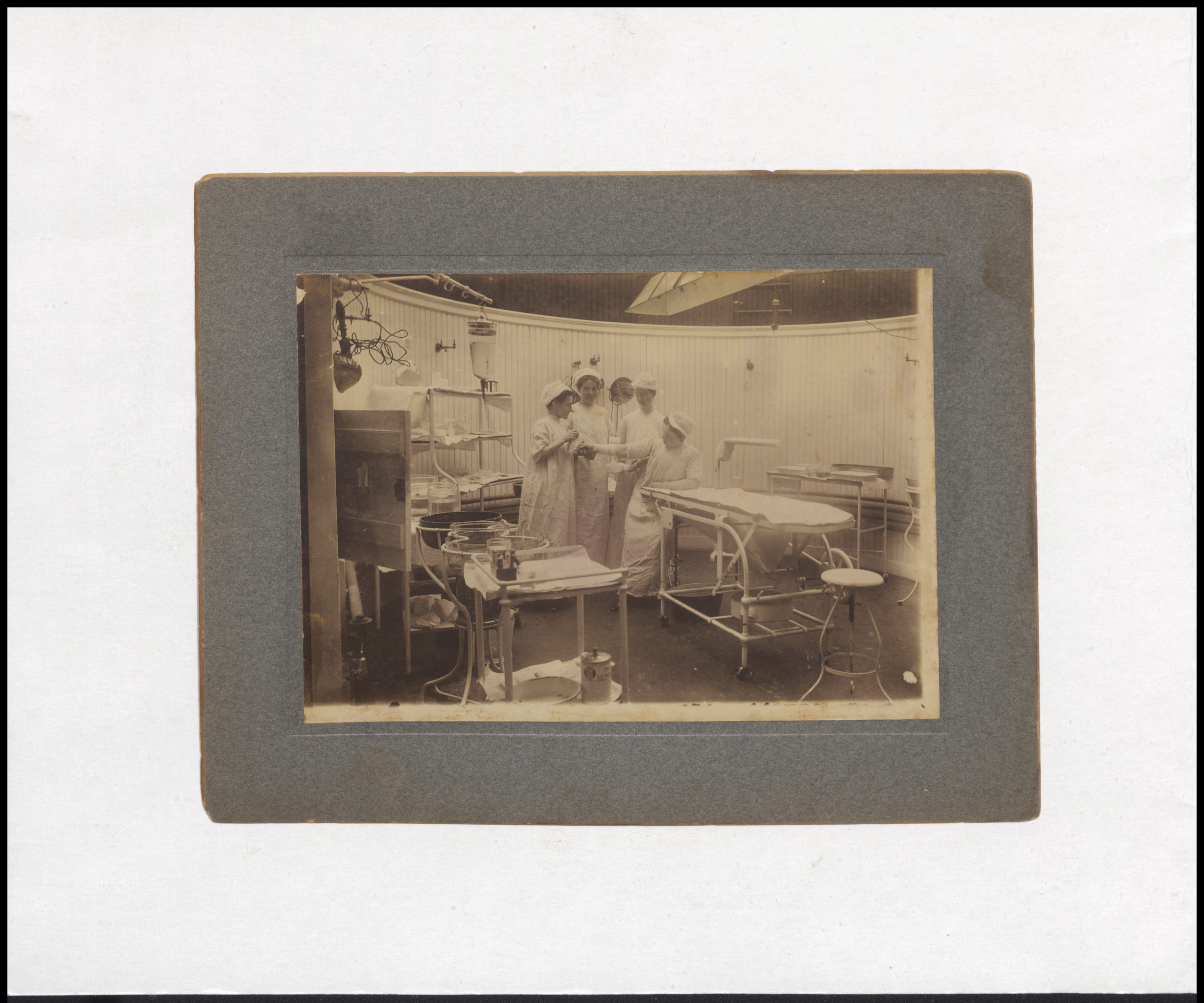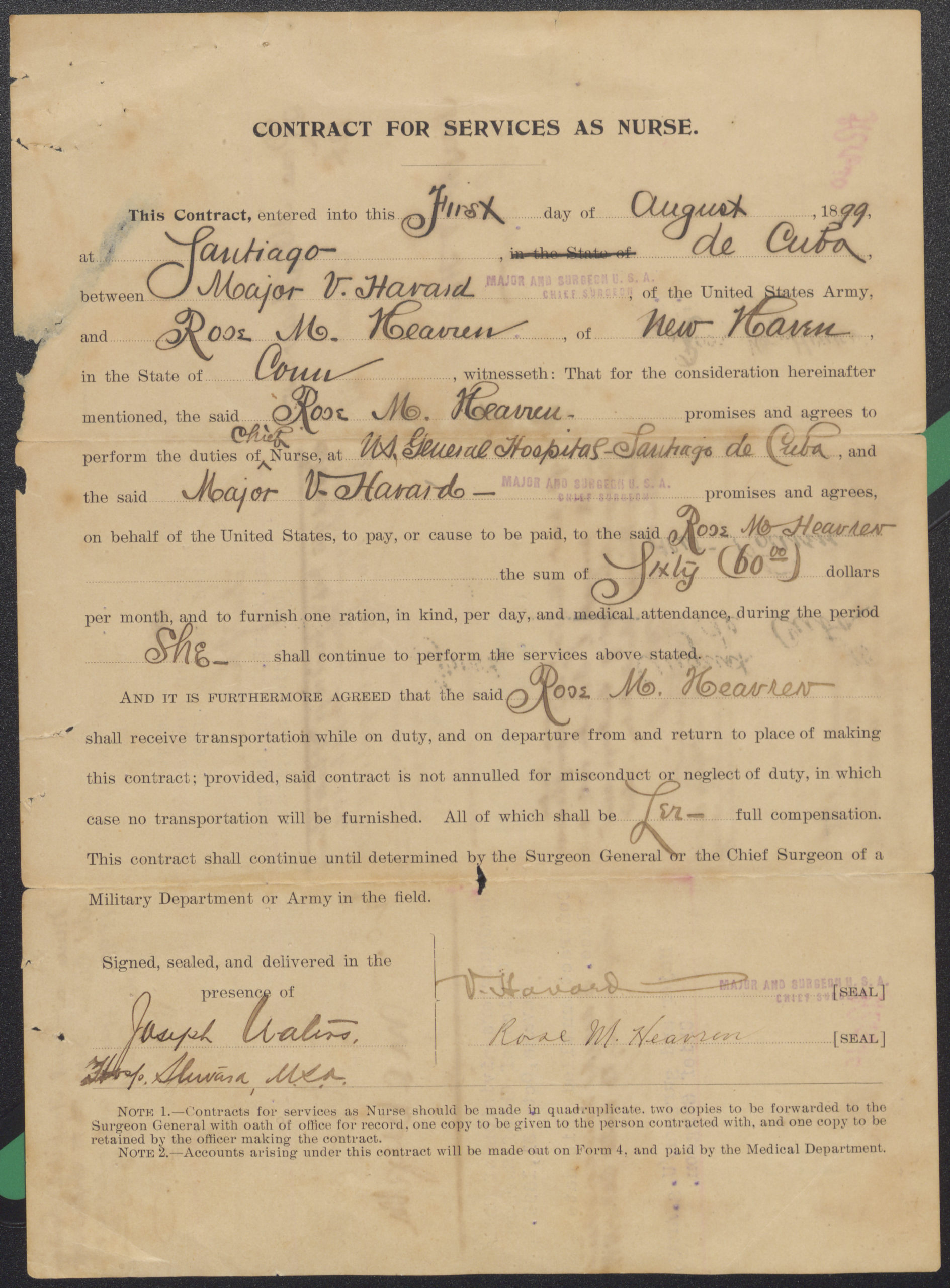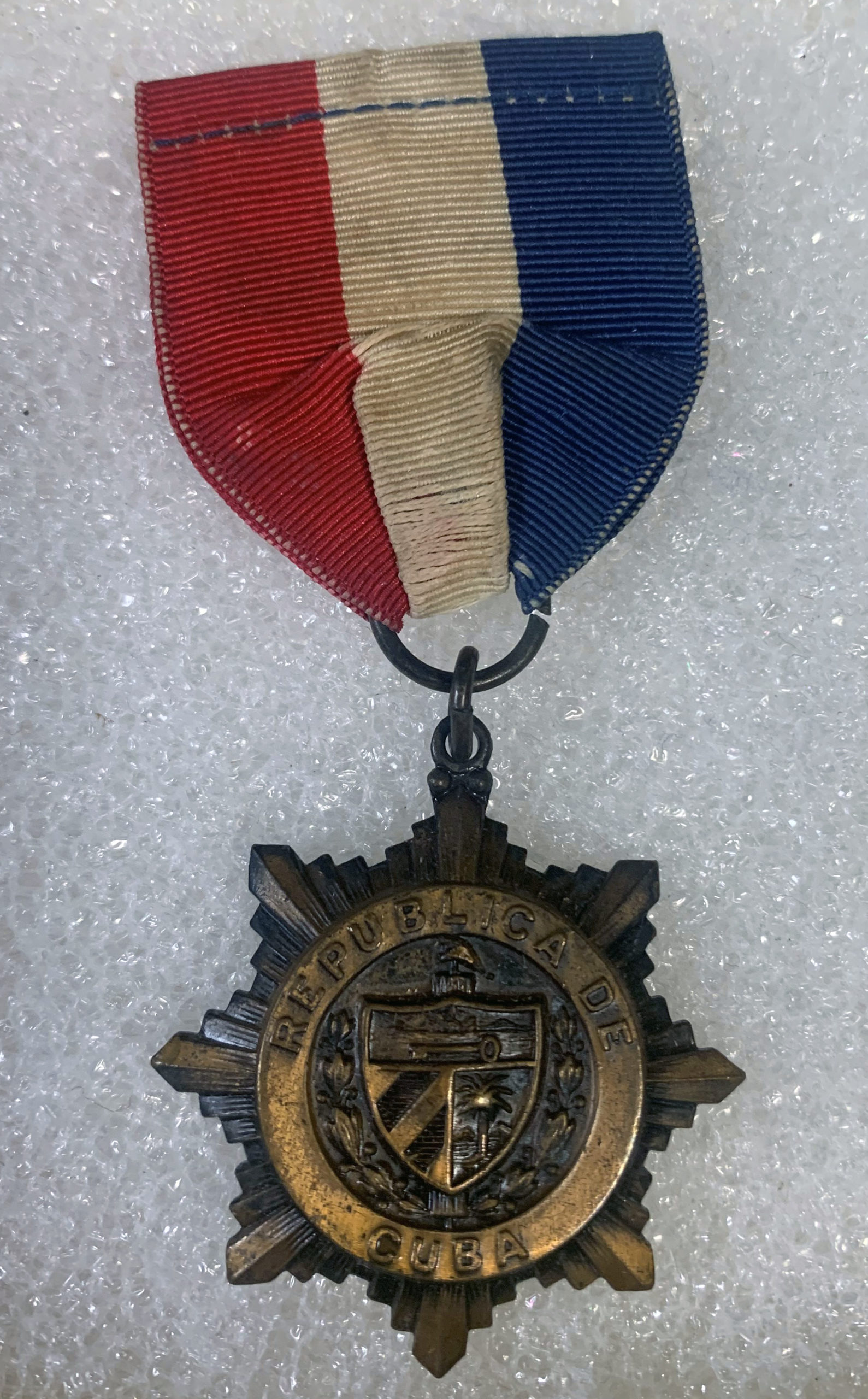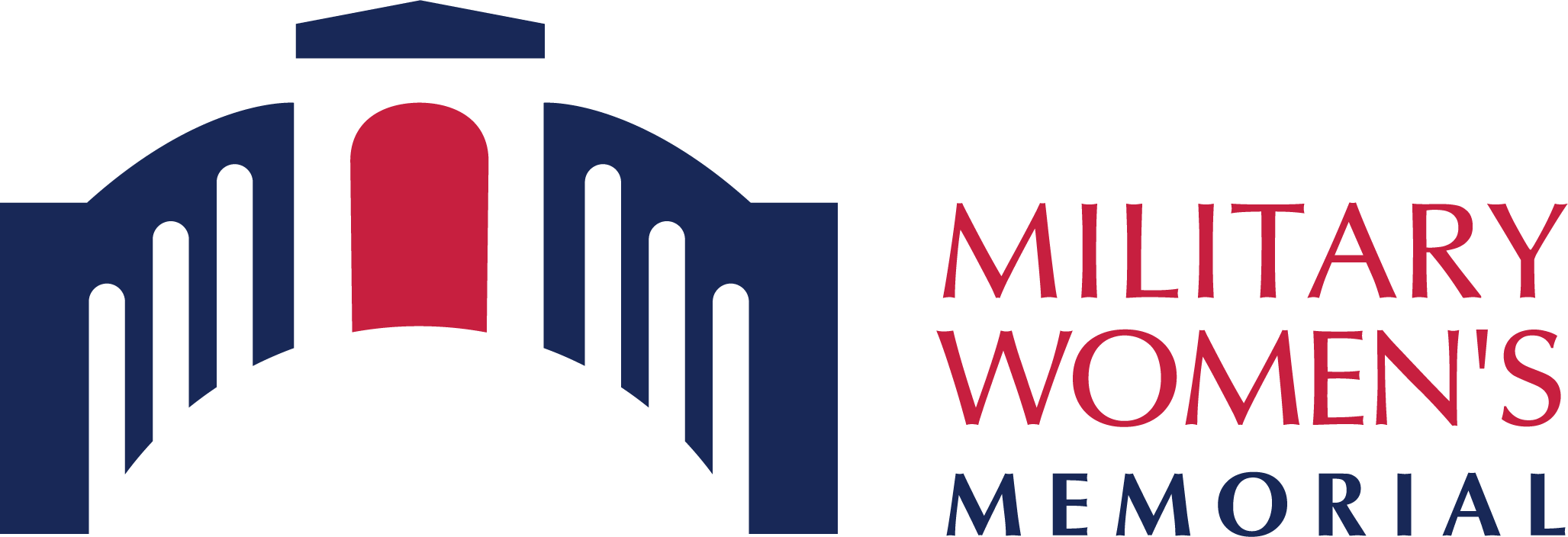Nurses in the Spanish-American War

The Spanish-American War was the first war involving the United States in which nurses were assigned as a special, quasi-military unit. The women who served as nurses signed contracts for their service.
The United States declared war on Spain April 25, 1898. Some 290,000 American soldiers, Marines and sailors fought in the war that lasted until August 12. As many as 1,700 female nurses volunteered to aid the sick and wounded.
Initially, the Army and Navy Medical Departments rejected the idea of using female nurses. Quickly overwhelmed by the vast unanticipated number of disease-related casualties, the Army began hiring “contract nurses” in May.
These professionally trained nurses agreed to work for the Army, on salary, wherever they were needed for as long as they were needed. More than 1,500 professional nurses worked for the Army under contract during the war including nearly 250 nuns. Among the 80 black nurses who served were five nurse graduates from Tuskegee Institute. Native American nurses, including four from the Congregation of American Sisters in South Dakota, also volunteered. Many more nursed, both stateside and overseas, but did not sign contracts.
Even after the peace treaty protocol ended hostilities on August 12, 1898, US forces continued to occupy Cuba to help deal with the diseases such as yellow fever and malaria that continued to afflict the victorious American Expeditionary Forces.
Over 5,000 died during the war. Of those, fewer than 400 had been killed in battle or died of wounds. The remainder succumbed to disease.
About seven percent of the US forces contracted typhoid, a highly infectious disease demanding intensive nursing care. Troops and nurses (especially those in Cuba) were exposed to malaria and to yellow fever, which was carried by a certain type of mosquito.
Twenty-one female Army contract nurses died in the line of duty during the war era. Most of them died from exposure to typhoid.
The dedicated Army nurses’ exemplary performance of duty clearly demonstrated their ability to adapt to hardship. Their professionalism in dealing with the surprisingly high number of military casualties, convinced the Army Medical Department that a permanent corps of trained nurses was needed.
Shortly after the war, the Surgeon General asked Dr. Anita Newcomb McGee to write the section of the Army Reorganization Act making nurses a permanent corps of the Medical Department of the Army. The resultant legislation established the Army Nurse Corps in 1901. Seven years later the Navy established its Nurse Corps.
One of those contract nurses was Rose Heavren, who was born in New Haven, Connecticut in 1870, and graduated from the Connecticut Training School, New Haven Hospital in 1896. She arrived at Camp Wickoff General Hospital, Montauk Point, Long Island, New York in August 1898 where she signed her first contract. In October 1898, she transferred to and was assigned acting chief nurse at Cavalry Division Hospital, Huntsville, Alabama. After the hospital was abandoned in February 1899, her contract was annulled, and she returned home. Heavren then traveled to Cuba and on August 1, 1899, she signed a contract as chief nurse of US General Hospital, Santiago, Cuba. Shortly after she contracted yellow fever in Santiago. About her experiences, she wrote:
Our boys never tasted a drop of fresh milk all the while they were in Cuba. When I was recovering from yellow fever, I had fresh milk because a quart a day was ordered for me. We knew it was fresh because at that time the natives brought the cow to the main entrance of the hospital.
After her recovery, she was transferred to Las Animas Hospital in Havana, where she was in charge of patient diets.
Later when I was at a small hospital in Havana, Cuba I had the responsibility of the patient’s diets. We were only allowed to spend 23¢ a day for each man. We had about 100 p[atien]ts. On this 23¢ a day we were allowed a ration of meat once a week.
On October 31, 1899, her contract was annulled to accept a new contract as chief nurse. Heavren was then assigned to the Army Hospital, Cabanas Barracks, where she stayed until her contract was annulled in August 1900. After the Spanish-American War, she entered civilian private nursing.
During World War I, Heavren again served her country, executing the oath of office in October 1917, and reported to Camp Grant, Illinois. In June 1918, she sailed to France with the American Expeditionary Forces. She remained in France until her return to the United States in July 1919 and was relieved from active service in September 1919.
In 1920, Heavren did post-graduate work at Columbia University, New York, before becoming a public health nurse in Essex, Connecticut. She was a past national president of the Spanish-American War Nurses Association and one of three nurses who founded the Connecticut State Nurses Association in 1904. She died in April 1968 at the age of 98.
Between 1996 and 2001, Mary H. Budds, Rose Heavren’s niece, generously donated Rose’s Spanish-American War and World War I memorabilia, which includes a contract, photographs, statement of service, foreign service certificate, news clippings, Army of Occupation-Cuba service medal, “Nurse of 1898” silk banner, and “United Spanish War veteran” plaque.
In 2019, with generous support from Iron Mountain, we were able to digitize Rose’s Collection and the rest of our significant Spanish-American War Collection. The collection includes hundreds of photographs, service documents, letters, news clippings, and irreplaceable artifacts.



Four contract nurses, including Rose Heavren, in operating room, US General Hospital, Santiago, Cuba.
Rose Heavren Collection, Gift of Mary H. Budds Collection, Military Women’s Memorial Collection
Contract For Services as Nurse, for Rose M. Heavren, agreeing to perform duties of Chief Nurse, US General Hospital, Santiago de Cuba, dated 1 August 1899.
Rose M. Heavren Collection, Gift of Mary H. Budds, Military Women’s Memorial Collection
Medal, Army of Occupation-Cuba, issued to contract nurse Rose M. Heavren for her services at the US General Hospital, Santiago, Cuba.
Rose M. Heavren Collection, Gift of Mary H. Budds, Military Women’s Memorial Collection
